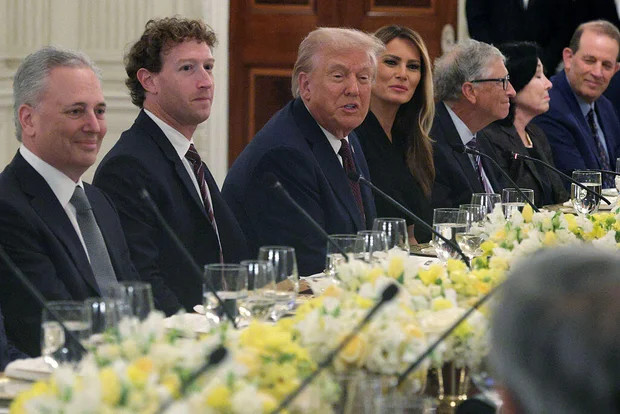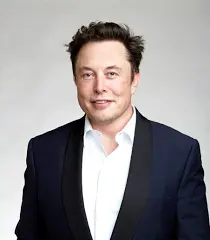
After months of drama that included a boardroom shakeup, legal battles, and a whole lot of “what even is your structure, bro?” moments, OpenAI just hit us with a major update: their nonprofit arm will stay in control of ChatGPT and everything else they’ve been cooking in the AI kitchen.
This is a 180 from earlier plans to hand the reins to a new public-benefit corporation (PBC). Now, the nonprofit will own a big slice of the PBC pie and keep the mission to “benefit all of humanity” at the center. Well, at least that’s the idea.
Why the change of heart? Let’s just say public pressure, a couple of attorneys general from California and Delaware, and a pending $30 billion investment from SoftBank and friends probably helped. Yep, OpenAI’s future (and wallet) depends on regulatory green lights.
But this isn’t just some bureaucratic backflip. It’s part of a much bigger identity crisis. OpenAI started as a nonprofit lab in 2015. Then it realized that building advanced AI costs serious money. Enter for-profit arms, capped returns, Microsoft deals, and, oh yeah, Elon Musk lawsuits.
Speaking of Musk, he’s not exactly buying the “we’re still here for the people” vibe. Critics say OpenAI’s nonprofit is just a figurehead while the for-profit side cashes in. And they’re asking for real separation between the two, so we’re not watching capitalism cosplay as charity.
So what’s next? The nonprofit gets a bigger seat at the table. The for-profit becomes a PBC, meaning it can serve shareholders and society (in theory). Microsoft can still veto all of this. And regulators are watching like hawks.







